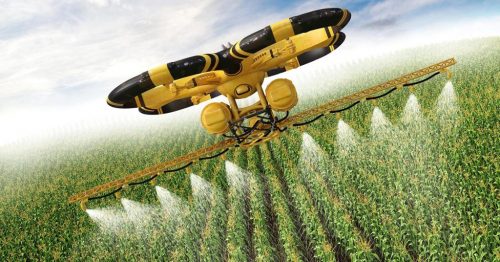Technology has become an integral part of our daily existence. It features prominently across all our daily activities. Even conservative people have found, fortunately, or unfortunately, that the centrality of technology to our daily life cannot be waved aside.
From our basic needs such as food, shelter, clothing education, and health, technology has indelible footprints that cannot be ignored. Science and technology have topped the policy priorities of almost every country across the world as nobody wants too much left out in the race for a technology-driven economy.
But one thing is strange. Africa seems to many left behind. And deliberately so. Development is like a moving train. It cannot be stopped once it has rolled. For instance, while countries have developed mechanized methods of farming, which doubles or even quadruple output, in a summary period of time.
What do we have in Africa?
Hoes and cutlasses are deployed in farming on unyielding soil which turns out little very little result. The consequences are food shortages, malnutrition, and hunger-induced diseases such as kwashiorkor. We cannot generate constant electricity, construct durable roads, and link farmers and local producers. We cannot supply input to our manufacturers. They have to source inputs from outside the continent, leading to massive capital flight.
On the communication front, we not faring any better. Apart from Rwanda, no country in Africa has laid claims to being able to assemble mobile phones. The International Data Corporation, IDC, says Africa imported $58 million phones in Q4 of 2018.
Our understanding at Poverty Must Die Africa (PMDAfrica) considering the so many facets of development is that the choice between capital-intensive and labor-intensive technologies is directly related to employment policy whether at the state or at the firm level. Availability of choice, therefore, carries with it the opportunity to implement pro-poor policies. Several examples abound, but the following is a sample from the food-processing sub-sector: · product storage and infestation control · cereal and legume processing · vegetable and animal oil processing · vegetable and fruit processing · meats, fish, eggs, and poultry preparation · dairy products · plantation products processing (tea, coffee, cocoa, spices, rubber, etc.) · fermentation of assorted products There are technological opportunities that poverty reduction schemes can target.
Poverty Must Die Africa’s way out
Appropriate economic opportunities where scientific and technological intervention could spur rapid growth shall be vigorously activated by us. These strategies include but are not limited to the removal of barriers to access to technology, to new products, and to investment. Public/private partnerships in science and technology have been shown to lead to greater investment and significant economic improvement in other developing countries outside Africa. Poverty Must Die shall translate these lessons into an African setting. The framework for this would include the following:
- Making better use of national and regional science and technology institutions by drawing on their talents and expertise for the application of rural-friendly and pro-poor technologies
- Making African universities and their scholars’ active partners in fighting poverty by involving them more directly in the planning and implementation of poverty reduction projects. (This could be accompanied by non-monetary incentives like academic recognition and promotion.)
- Identifying science and technology assets that could be harnessed for the direct benefit of the rural poor
- Giving a stronger role to local farmers and building upon their existing grassroots and community infrastructure and knowledge.
- The enormous potential of new technologies, particularly biotechnology and information and communication technologies shall be actively harnessed by Poverty Must Die Africa.
You will agree with us that in Africa there is an urgent need to take these steps of providing the appropriate infrastructure and enhancing the sector to enable us to put food on our table, produce for exportation, and better the economy of the continent. Haven’t you see reasons why you should partner with us by your patronage?
The crux of the efforts of Poverty Must Die Africa is that WE will support teaming farmers and youths across the continent through mechanized farming. This is why we always believe that TOGETHER WE CAN DEFEAT POVERTY.


